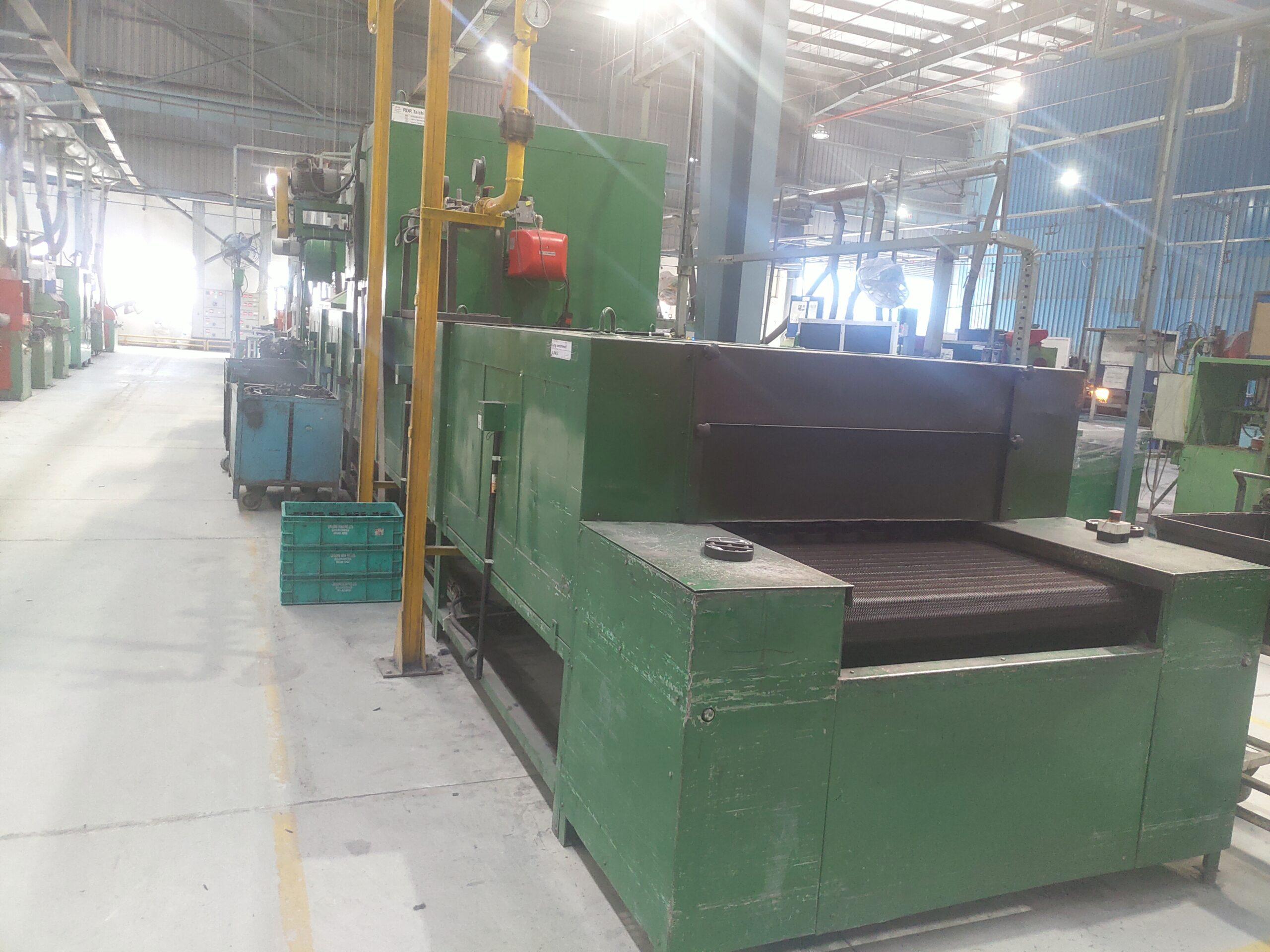The use of an industrial conveyor oven can have a significant impact on various processes in manufacturing and other industries. Here are some considerations for situations with and without an industrial conveyor oven:
Without Industrial Conveyor Oven:
- Batch Processing: In the absence of a conveyor oven, products or materials are typically processed in batches. This can lead to intermittent production cycles and may result in downtime between batches.
- Manual Handling: Workers may need to manually load and unload materials into and out of traditional ovens. This can be labor-intensive, time-consuming, and potentially less efficient than automated systems.
- Inconsistent Heating: Depending on the oven design, without a conveyor system, there might be variations in temperature distribution within the oven. This can lead to uneven heating of products, affecting the quality of the final output.
- Limited Throughput: Batch processing often has a limited throughput compared to continuous processing. This can impact overall production rates and may not be suitable for high-volume manufacturing.
With Industrial Conveyor Oven:
- Continuous Processing: An industrial conveyor oven allows for continuous processing, meaning that products or materials move through the oven on a conveyor belt. This results in a more streamlined and continuous production flow.
- Automation: Conveyor ovens are often integrated into automated production lines, reducing the need for manual handling. This not only improves efficiency but also minimizes the risk of human error.
- Consistent Heating: Conveyor ovens are designed to provide consistent and uniform heating across the entire product or material. This ensures that all parts are treated equally, leading to higher quality and consistency in the final output.
- Increased Throughput: The continuous nature of conveyor ovens allows for higher throughput compared to batch processing. This is particularly advantageous in industries with high production demands.
- Energy Efficiency: Conveyor ovens can be designed with energy-efficient features, such as precise temperature control and insulation. This can result in energy savings over time.
- Space Optimization: Conveyor ovens can be configured to fit into existing production lines, optimizing space utilization in manufacturing facilities.
In summary, the use of an industrial conveyor oven offers advantages in terms of efficiency, consistency, and throughput compared to traditional batch processing methods. The choice between using or not using a conveyor oven depends on the specific needs, production volume, and requirements of the industry or process involved.

